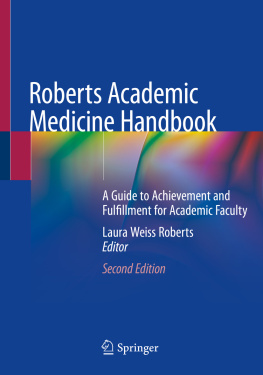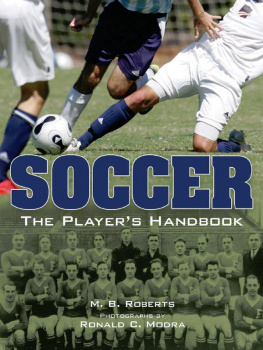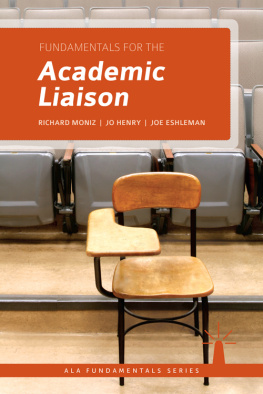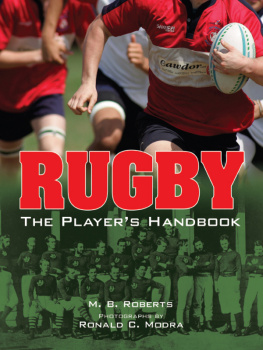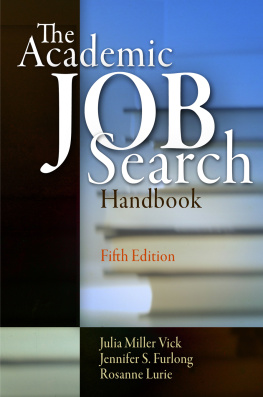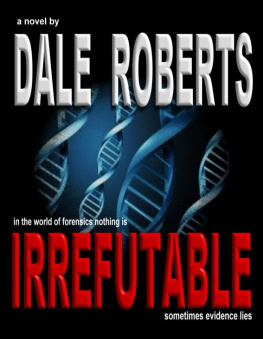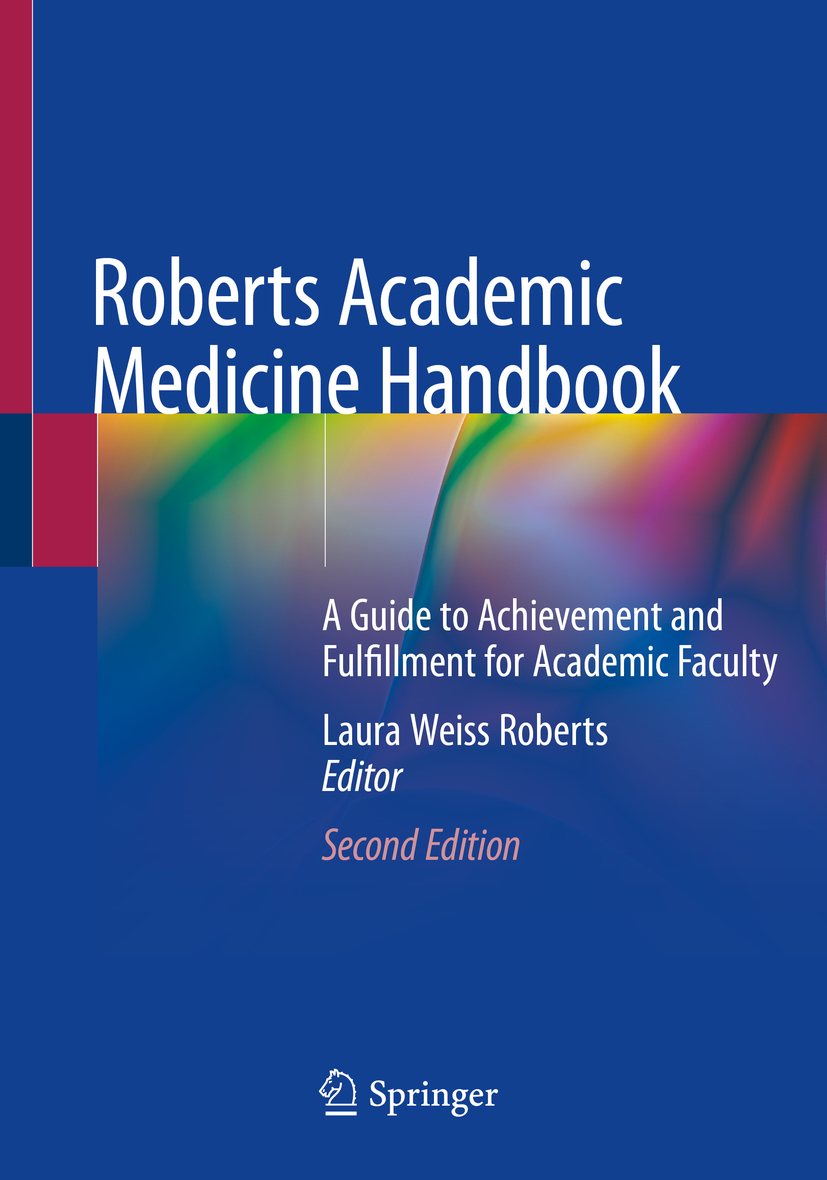Editor
Laura Weiss Roberts MD, MA
Department of Psychiatry and Behavioral Sciences, Stanford University School of Medicine, Stanford, CA, USA
ISBN 978-3-030-31956-4 e-ISBN 978-3-030-31957-1
https://doi.org/10.1007/978-3-030-31957-1
Springer Nature Switzerland AG 2020
This work is subject to copyright. All rights are reserved by the Publisher, whether the whole or part of the material is concerned, specifically the rights of translation, reprinting, reuse of illustrations, recitation, broadcasting, reproduction on microfilms or in any other physical way, and transmission or information storage and retrieval, electronic adaptation, computer software, or by similar or dissimilar methodology now known or hereafter developed.
The use of general descriptive names, registered names, trademarks, service marks, etc. in this publication does not imply, even in the absence of a specific statement, that such names are exempt from the relevant protective laws and regulations and therefore free for general use.
The publisher, the authors, and the editors are safe to assume that the advice and information in this book are believed to be true and accurate at the date of publication. Neither the publisher nor the authors or the editors give a warranty, expressed or implied, with respect to the material contained herein or for any errors or omissions that may have been made. The publisher remains neutral with regard to jurisdictional claims in published maps and institutional affiliations.
This Springer imprint is published by the registered company Springer Nature Switzerland AG
The registered company address is: Gewerbestrasse 11, 6330 Cham, Switzerland
Foreword
If you are reading this book, you are likely pursuing a career in academic medicine where you will have the opportunity to improve the health and well-being of people around the world. There is nothing more rewarding.
But I believe the future is about much more than medicine as we have known it. Increasingly, we are able to predict and prevent disease. This new focus on maintaining health has been made possible by todays golden age of biomedicine where new tools and technologies are accelerating the pace of discovery.
You are entering academic medicine at this remarkably unique time in the history of biomedicine. Today, major breakthroughs dont just redefine our understanding of human biology and disease, they open whole new fields of study. This means that you have unparalleled opportunities to make a difference, and this book will help you along your way.
The authors of the chapters that follow do an extraordinary job of covering all the topics that might be of interest to anyone embarking on a career in academic medicinefrom managing time and writing a book proposal to developing administrative skills and recognizing unconscious bias.
When I reflect on my career, I wish there had been a resource like theRoberts Academic Medicine Handbookto guide me through the challenges of clinical and laboratory supervision, preparing an IRB application, engaging in fundraising, and the like. Im delighted that the young people in the field of academic medicine today have this resource so they can fully devote their energy and intellect toward their passions for research and clinical care and creating this more healthy future.
You are dedicating yourself to one of the few professions where we can have a profound impact in diverse ways. It is something from which we all can take pride. We share an optimism that we can help build a better future for all people. We believe in the power of new ideas and new approaches. And we believe we can turn medicine on its head.
The ever-evolving field of biomedicine often precludes a defined career path. Veering from your intended course should not be taken as a sign that you are lost. I encourage you to follow unmarked paths, to explore uncommon territory, and to head off into new directions. It is rare that we will know with certainty how the accumulation of all our learnings, the evolution of our passions, and the dynamic field of biomedicine will converge. And with the ever-accelerating rate of innovation, this is truer than ever.
My unique path began during a bioengineering class as an undergraduate student at Brown when I became fascinated and inspired by the vestibular system. This delicate but powerful trio of canals in the inner ear regulates balance and ones sense of orientation. It enables you to contort yourself into odd positions to get into a car without falling down and is why the world doesnt look like it is bouncing around when you run. The vestibular system is tremendously complex, to say the least, and I loved it.
I dove headfirst into studying the vestibular system, forming a relationship with Jay Goldberg, PhD, a pioneer in understanding the vestibular system who is now professor emeritus at the University of Chicago. Then, between my surgical residency at Duke University and otolaryngology residency at the University of Chicago, I spent 4 years in Dr. Goldbergs lab exploring the labyrinth that is the inner ear. As I pursued a greater understanding of the vestibular system, I had no idea that I would one day lead an academic medical center.
This contributes to what I find so rewarding about academic medicine. As your interests evolve, so too can your career. The key is understanding from where you derive your passion. For me, the transition away from research and clinical care into an academic leadership position stemmed from a desire to have a broader impact on biomedicine and health care.
I am not alone in having an indirect path. I have many classmates and colleagues who have forged distinguished, successful careers that they never could have imagined at the beginning or middle of their career. Having an idea of what you want and how to get there is important, but knowing how to adapt to and embrace changes to your plan is just as crucial.
It may be impossible to see three steps ahead or even the next step in your career in academic medicine, but it is important to keep in mind that your current step is likely not your last. As someone in the beginning or middle of your career, you have ample opportunity to define how you will utilize your passion and skills to make a positive impact in the lives of individual patients or for the health and well-being of people around the world.
I spent 11 years after graduating from medical school pursuing postgraduate training, including 4 years in Dr. Goldbergs lab. My wife wondered whether I would qualify for Social Security before I got a real job. But I truly am grateful for all of my training and attribute to it much of the impact I have had throughout my career as a researcher, patient care provider, and leader in academic medicine.
I have found common among all those who have had successful academic medical careers an intense intellectual curiosity. In many fields but particularly medicine where we regularly embrace innovation, discovery, and whole new fields of study, career advancement stems from a commitment to being a lifelong learner. Following your passion and drawing from your experience will help you both in the laboratory and in the clinic.

